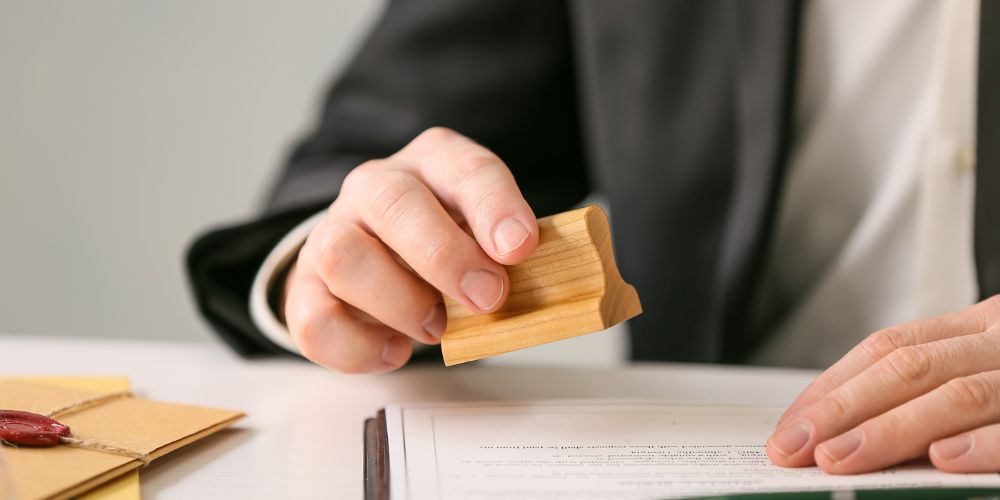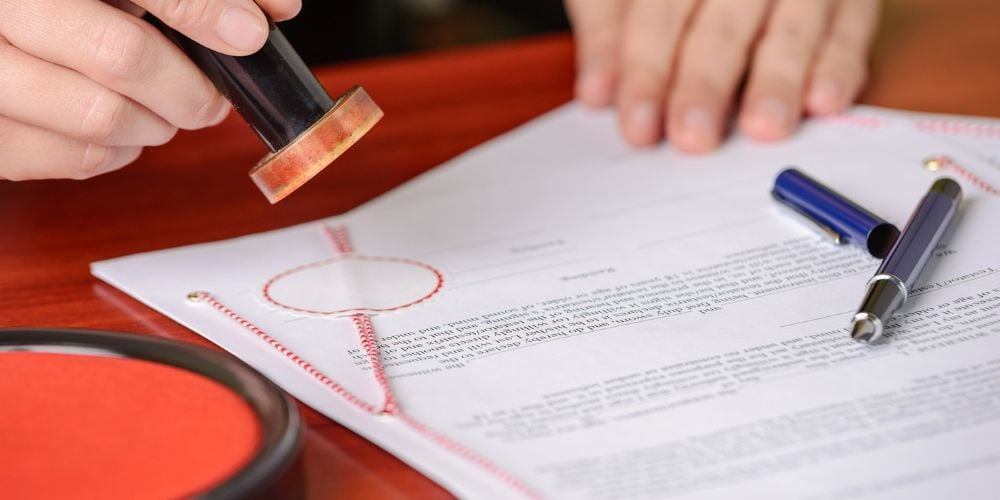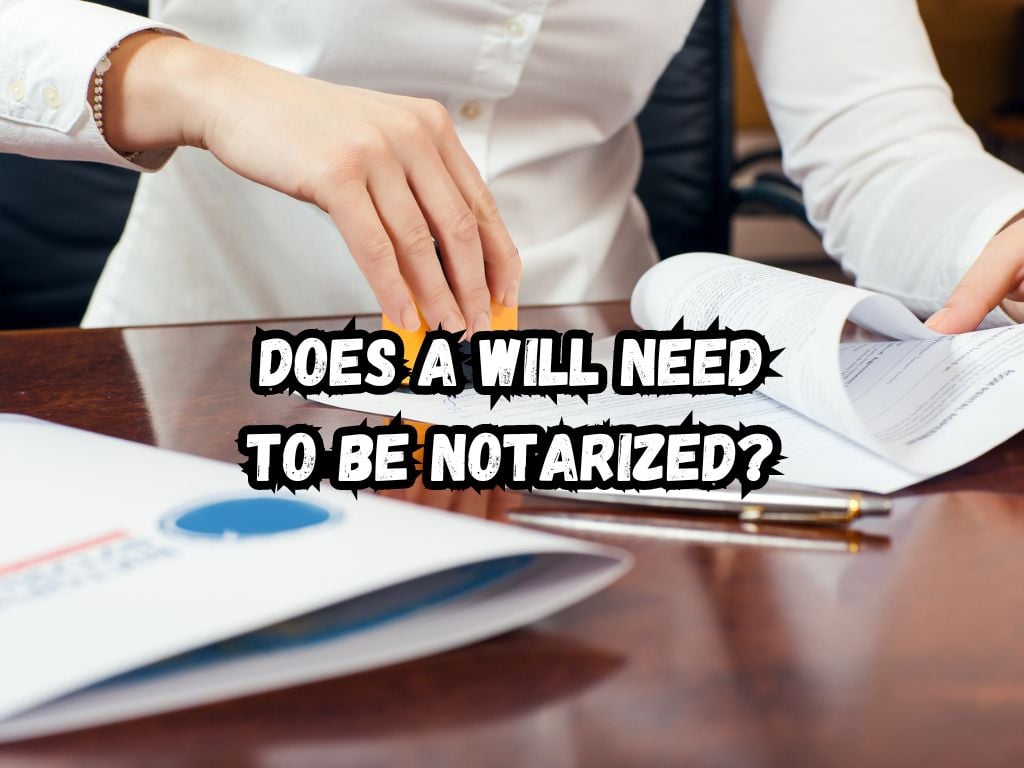A will is a crucial document. It dictates how your assets will be distributed upon your death. Yet, many question does a will need to be notarized? To clarify this, we need first to understand what these terms mean.
A will is a legal document that expresses a person’s wishes about handling their property and assets after they are gone. Notarization, on the other hand, is a fraud-deterrent process performed by a notary.
It confirms the identities and willingness of a document’s cadence and assures their understanding of its contents.
Detailed Discussion of Notarization
A notary public holds a critical role in the modern world. This official acts as an impartial witness to the signing of documents and verifies the authenticity of signatures.
Thereby, they help deter fraud and uphold the integrity of the legal process. However, notarization itself is not a simple task. All parties must present their photo identification for the notary public to inspect.
The document is signed, and the notary then signs it and stamps it with their official seal. This notarial act signifies the document’s validity.

Understanding Different Types of Wills
Wills come in various forms. There are handwritten or ‘holographic’ wills, witnessed wills, and notarized wills.
Holographic wills are entirely written and signed by the testator, the individual whose will it is, without the need for witnesses or notarization in certain states.
In contrast, a witnessed will is drafted by an attorney and signed in front of witnesses. While not every state requires a witnessed will to be notarized, it is good practice as it provides an extra level of assurance.
A notarized will, also known under a different name — self-proving affidavit, is a will that has been notarized by a notary public and is therefore self-authenticated.
Does a Will Need to Be Notarized?
So, the question arises, does every will need to be notarized? Well, the answer isn’t as clear-cut as it might seem. It depends largely on the type of will and the specific state laws that govern estate planning.
While some may say notarization is optional, the benefits it brings are certainly undeniable. Notarization lends credibility to the document and can protect against potential disputes.
However, it’s equally crucial to consider the drawbacks. Not everyone is able to get a notary — cost and accessibility can be prohibitive for some.
Comprehensive Guide on How to Notarize a Will
Let’s now guide you through the process of notarizing your will. The first step is for you and your witnesses to sign the will in the presence of each other. Then the will is presented to a notary public.
Bring an acceptable form of identification and be prepared to affirm that you are signing the document voluntarily and are mentally competent. The notary will then sign and seal the document, officially notarizing the will.
It is equally important to inform your chosen executor about the location of your will, ensuring a smooth execution once the time comes.
A word of caution here: this guide provides general rules. The process varies from state to state. It is best to do your own research or consult a legal professional in your area for in-depth clarity.

Impact of Not Having a Notarized Will
Failing to notarize a will can lead to several complications, particularly during the probate process. Probate is the court-supervised procedure of authenticating a will and distributing assets according to its instructions.
If a will is not notarized, especially in states where a ‘self-proving’ affidavit is recognized, the probate court may require additional testimony or evidence to confirm that the will is legitimate and reflects the true intentions of the deceased. This often results in a longer and more arduous probate process.
Without notarization, it might be challenging to ascertain the authenticity of a will, giving rise to disputes among potential heirs. If the validity of a will is questioned, it can lead to legal battles that drain estate resources and create rifts within a family.
Beneficiaries might contest the will’s provisions, leading to a protracted court process that can delay the distribution of the estate and increase legal costs.
Moreover, in the absence of a notarized will, the laws of intestacy could come into play. These are default legal guidelines that dictate asset distribution when no valid will exists. Thus, a person’s assets may end up being allocated in a manner that is contrary to their wishes.
In summary, while notarizing a will is not always mandatory, doing so can significantly minimize the risk of legal complications and ensure that the will is executed as intended, making the probate process smoother for all involved.
Conclusion
It’s safe to say that while notarizing a will isn’t always required, it can certainly add an extra layer of security to this critical document. Yet, every individual’s situation is different.
It’s vital to seek professional legal advice to ensure you understand and meet all the obligations. Remember, a will is not just a piece of paper. It is your voice after you’re gone. Make sure it’s heard clearly and indisputably, whether that requires notarization or not.


 Tags:
Tags:










